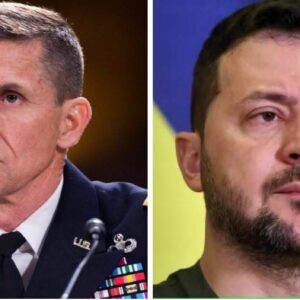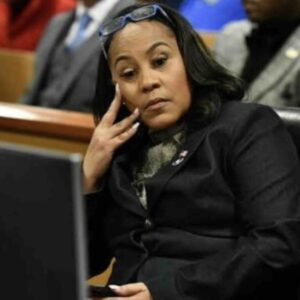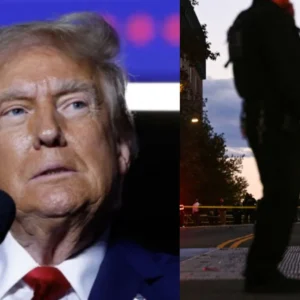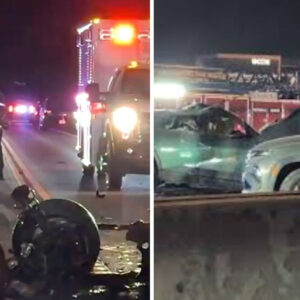Tucker Carlson has delivered a somber warning in the wake of Zohran Mamdani’s election as mayor of New York City, calling the moment “the saddest thing I’ve ever seen.” The veteran broadcaster spoke with deep emotion about what he views as a turning point for America’s largest and most iconic city, suggesting that New York stands on the brink of a major transformation — and possibly, decline.
Carlson, visibly shaken during his remarks, emphasized the scale and significance of New York City as a cultural and economic cornerstone of the United States. “It’s our biggest city,” he said. “It’s eight million people. Cities are incredibly complex organisms — they take centuries to build, but they can be destroyed very, very quickly.” His words carried both a sense of reverence for what New York represents and fear over how quickly its foundations could erode.
Drawing comparisons to other cities that have struggled through economic and social decline, Carlson warned that the same fate could await New York. “Look at Johannesburg — thirty years, and it’s a husk. It was a beautiful city. Look at Gary, Indiana. Detroit. Baltimore,” he said. “And that could happen to New York City very soon. In fact, it will.” The analogy painted a bleak picture of urban decay, one that Carlson believes could unfold if current trends continue unchecked.
The commentator’s concerns were not presented as abstract or political — they were personal. He revealed that one of his own children, a current New York resident, had reached out to him that day with troubling news. “I have a child who lives there — called me today, said ‘I’m leaving,’” Carlson recounted. “Not an ideological person. It’s just like, we know where this is going.” His account highlighted a growing sense of apprehension among residents who fear what lies ahead under new leadership.
Carlson’s voice reportedly broke as he reflected further on the city’s uncertain future. “It’s the greatest tragedy… and it doesn’t have to happen,” he said, lamenting what he sees as the loss of something extraordinary and irreplaceable. “I think it’s the saddest thing I’ve ever seen.” His words, delivered with visible grief, resonated with many who share concerns about the direction of urban governance, public safety, and cultural identity in America’s largest metropolis.
To Carlson and others who share his perspective, Mamdani’s rise represents a shift not just in political power but in ideology — one that could redefine how New York operates. His warning reflected more than fear of policy change; it conveyed a sense that the city’s legacy, once built on innovation, resilience, and diversity, may now be at risk of unraveling. Whether that fear proves warranted remains to be seen, but the unease it expresses has clearly struck a chord.
As Carlson’s remarks spread online, reactions have been divided. Supporters echoed his sentiment, saying they too feel sorrow for what they believe is a city losing its way. Others dismissed his prediction as overly pessimistic, arguing that New York has weathered far greater challenges before. Yet regardless of where one stands politically, Carlson’s emotional warning has reignited a broader conversation about the city’s identity, its leadership, and the delicate balance between progress and preservation.





